As you read the Upanishads, you will find in many places, that the seeker of the truth is addressed ‘Satya Kama’.
More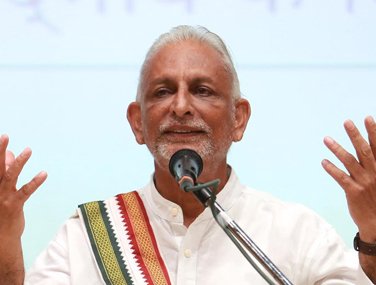

As you read the Upanishads, you will find in many places, that the seeker of the truth is addressed ‘Satya Kama’.
More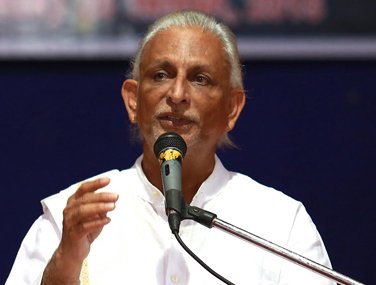
The experience of happiness is innate, not in the object that I enjoy. The object may although be necessary to excite it or bring it out.
More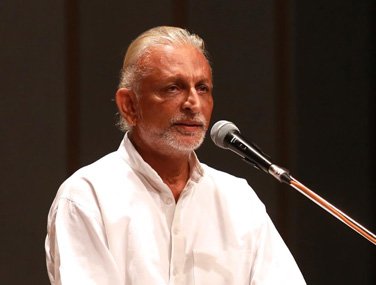
So, all this fear of what will happen if I let go of my petty little self, with its petty little world (mainly of my own creation) is meaningless.
More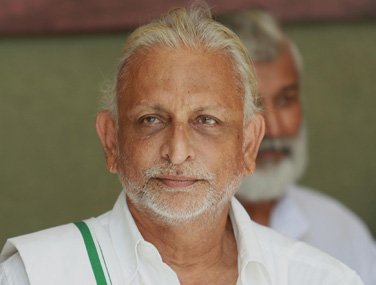
“Sat-chit-ananda” is a three-syllable word— ‘Sat’, ‘Chitta’ and ‘Ananda’.
More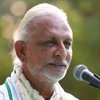
The ‘One’ who is behind all thought and action is witness to everything —
More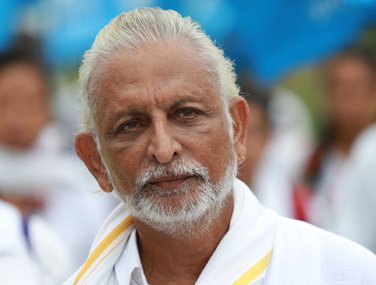
The Vedanta asserts that this basic attitude, this basic instinct to unite, comes from the fact that
More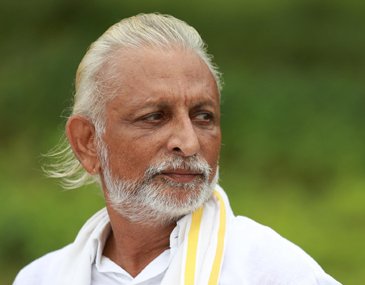
Words are very powerful! If somebody doesn’t know the language, they won’t understand a word, they won’t know what you are saying.
More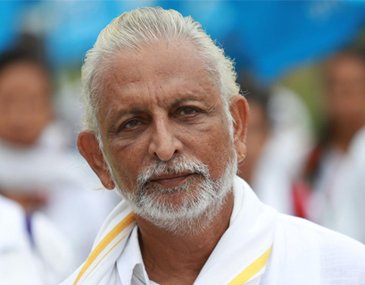
You cannot conceive of a mind without thought; so the mind in totality is actually a bundle of thoughts
More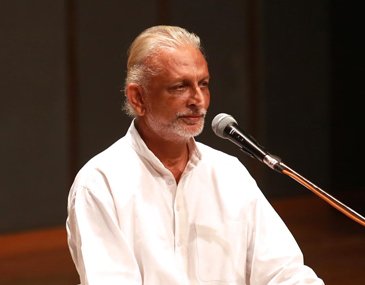
You can sit in a cave for fifteen years, meditate and think you are free of anger, jealousy and everything. But what will you be jealous of in a cave, who will you get angry with ?
More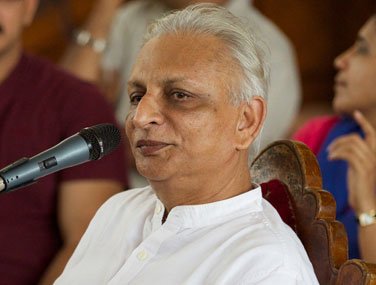
This (examination to know thyself) is possible only in the midst of society. You cannot really study your mind—that is ‘to know your Self’—in isolation.
More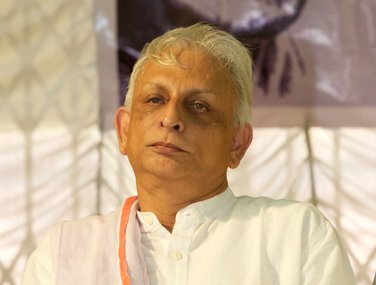
One has to carefully and vigilantly watch one’s self as one actually is, before proceeding to explore the possibilities of finding the Truth.
More
Your question is whether you need a teacher. Yes, you need a teacher. To learn anything, you need a teacher.
More
Amongst the Sufis, there is a saying, which they attribute to Prophet Mohammed:
More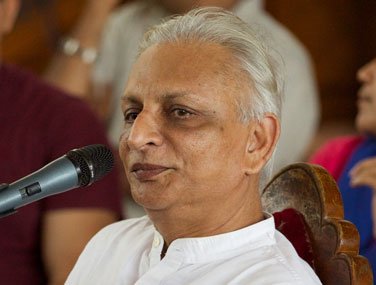
I am talking about what we think and how we act. If these two things can go together, then meditation begins.
More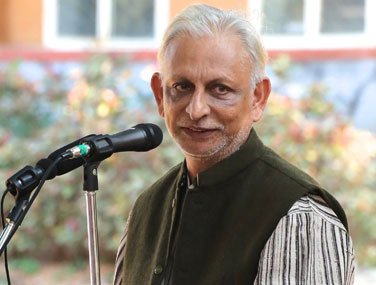
An old proverb says: Trust in the Lord with all thy heart and lean not unto your own understanding.
More